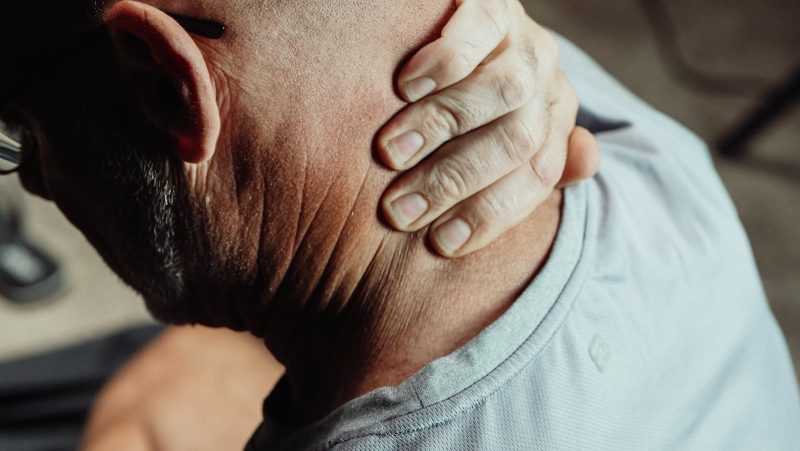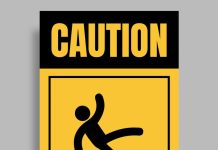When you think of car accidents or sudden jolts, broken bones and visible injuries might be the first things that come to mind. However, not all injuries are immediately apparent, warns an expert Ohio personal injury lawyer. Whiplash is a perfect example. It’s one of the most common injuries after rear-end collisions or sudden impacts, yet many people don’t realize they have it until the pain becomes unbearable. Ignoring whiplash symptoms can lead to long-term health issues, so knowing the signs early is crucial. Here are five signs of a whiplash injury you should never ignore, and why it’s smart to speak with a lawyer if you’ve been hurt.
1. Neck Pain and Stiffness
Neck pain is usually the first and most obvious symptom of whiplash. After a sudden back-and-forth motion of the neck, soft tissues like muscles, ligaments, and tendons can become strained or torn. You may experience a dull ache or sharp pain in the neck, particularly when attempting to move it. Some people describe feeling like their neck is “locked up” or too stiff to turn. The discomfort may be immediate or develop over hours or even days. Either way, don’t brush it off as minor soreness. Pain and stiffness are red flags that something deeper could be wrong.
2. Headaches That Won’t Go Away
If you develop headaches after a car accident or a sudden fall, be aware of them. Headaches related to whiplash usually start at the base of the skull and can radiate toward the forehead or temples. These aren’t just typical tension headaches. They’re often caused by damage to the neck muscles, joints, or nerves. Some people report feeling a constant dull ache, while others experience throbbing pain that worsens with movement. Either way, chronic headaches after trauma could be a sign of a more serious neck injury.
3. Dizziness and Balance Issues
Whiplash doesn’t just affect your neck; it can throw off your whole sense of balance. Some people experience dizziness, vertigo, or a feeling that the room is spinning. This occurs because the neck contains nerves and structures that help regulate balance and equilibrium. When those nerves are injured, it can disrupt your body’s balance system. You might feel lightheaded when standing up or notice trouble walking in a straight line. If you’re experiencing these symptoms after an accident, it’s time to get checked out immediately.
4. Tingling, Numbness, or Weakness in the Arms
Another sign of whiplash is tingling or numbness in the arms, shoulders, or hands. Sometimes, the force of an accident can compress or pinch nerves in the cervical spine, leading to strange sensations that travel down your limbs. Some people describe a “pins and needles” sensation, while others experience loss of strength in their arms or hands. These symptoms may indicate nerve damage or a herniated disc, both of which require prompt medical attention. Never assume numbness will go away on its own; it’s a signal your body needs help.
5. Difficulty Concentrating or Memory Problems
Whiplash can affect more than just your physical body. Many people report cognitive symptoms like trouble concentrating, forgetfulness, or mental fog after an accident. This condition is sometimes referred to as “whiplash-associated disorder.” The sudden jolt of an impact can cause the brain to move inside the skull, resulting in a mild concussion or brain strain. Emotional symptoms like irritability, sleep disturbances, and depression can also develop. If you’re having trouble focusing, remembering things, or managing your emotions after trauma, whiplash could be the culprit.
Don’t Wait, Protect Your Health and Your Rights
Whiplash is not something to take lightly. Even if you think you feel “fine” right after an accident, symptoms can appear days or even weeks later. Left untreated, whiplash can lead to chronic pain, reduced mobility, and long-term nerve issues. That’s why it’s so important to see a doctor as soon as you suspect an injury. But there’s another step you shouldn’t skip: consulting with a personal injury lawyer. Medical bills, therapy, lost wages, and other costs can add up quickly after a whiplash injury. An experienced Ohio personal injury lawyer can help you protect your rights and pursue compensation, allowing you to focus on healing without worrying about finances.








